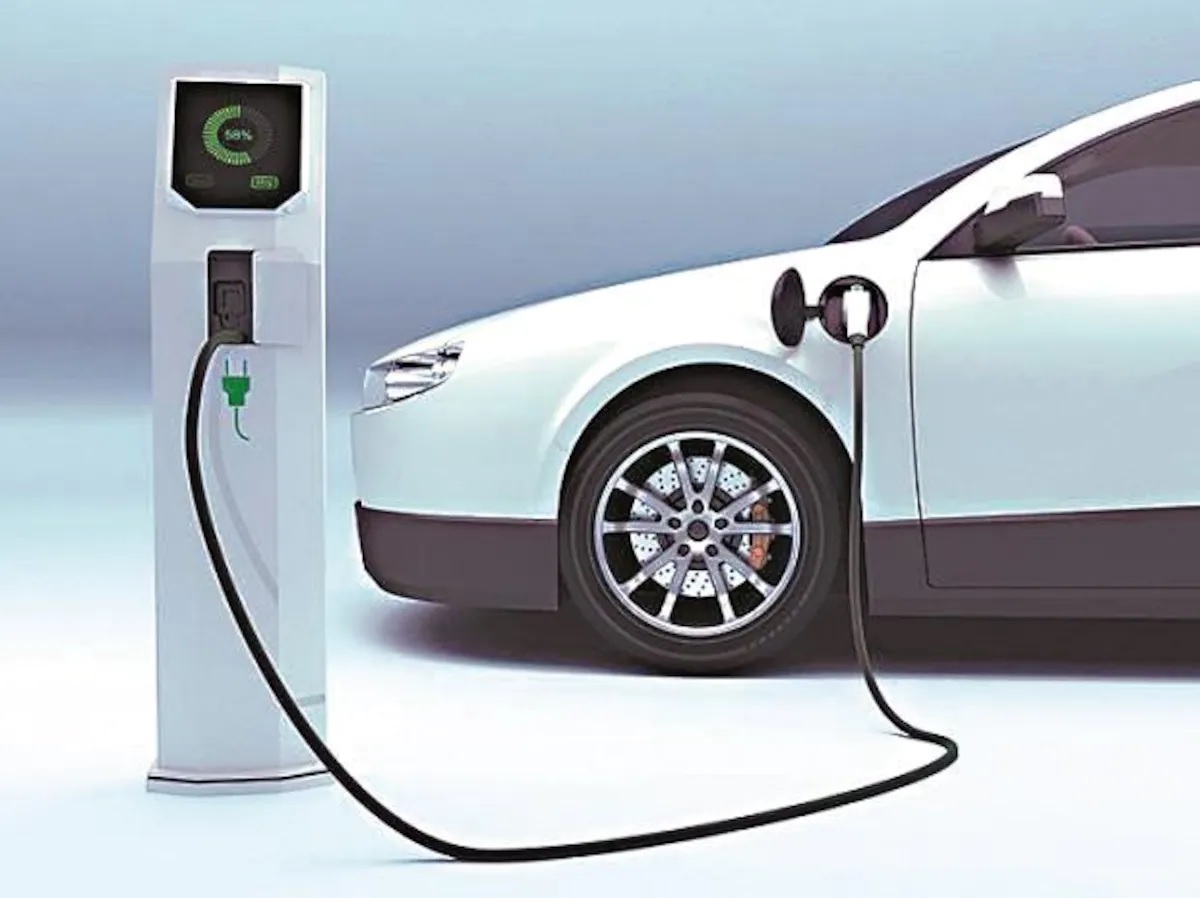Electric vehicles are, purportedly, the future. The UK government’s aims to create a net-zero country by 2050 have seen legislation drafted to limit our reliance on fossil fuels – including a ban on the sale of new petrol and diesel vehicles by 2030. At the same time, electric vehicle production has ramped up considerably, with competitive all-electric models commercially available and receiving increased interest from consumers.
The Automotive Landscape
However, despite the rapidly-growing interest in greener vehicles, and the impressive acceleration of electric vehicle usage, the automotive landscape remains dominated by petrol and diesel vehicles. According to government statistics, around 97% of vehicles on UK roads are directly powered by fossil fuels, with the remaining 3% comprising all-electric, hybrid and gas-powered vehicles.
Further government statistics did indicate that a major shift was in the making, with 44% of motorists suggesting they were likely to make the switch to an electric vehicle within the next decade. However, this leaves a significant percentage of the driving population largely unconvinced by EVs. Why might this be?
Is Pricing a Barrier?
Cost is likely the biggest factor contributing to the hesitation indicated by around half of UK motorists. At the moment, electric vehicles represent a significant upfront cost, that could be a bridge too far for many budgets – especially in the current financial climate.
It is also true that electric cars are more expensive to insure; EV’s experience higher insurance premiums, as a result of the expertise required to fix them as well as the technology they utilise to run. However, the story is changing as more EVs join UK roads, and mechanics learn the skills necessary to maintain them. Indeed, the overall running costs attributed to EVs are lower than those of running a petrol or diesel vehicle.
The Financial Benefits of Going Electric
Fuel Costs
The most dramatic savings can be found in the cost of fuel itself. Amid instability in the fossil fuel industry, consumer prices for petrol and diesel are high – and set to get even higher. Meanwhile, domestic electricity production is much more stable and affordable. As a result, the average motorist could expect to save over £900 a year on fuel alone, by switching to an EV.
Taxation
Road tax represents a small annual cost in the grand scheme, but that cost is directly linked to the C02 emissions of the vehicle being taxed. As such, EVs are taxed at a £0 annual rate, owing to their zero-emissions status – saving electric motorists a significant initial cost as well as £155-65 per year.
Maintenance
Lastly, despite the advanced technology used to build working electric vehicles, they may well be cheaper to service and maintain than petrol or diesel vehicles. This is because the internal combustion engine has significantly more moving parts than electric motors, making it more susceptible to failure – and more intensive to fix.
